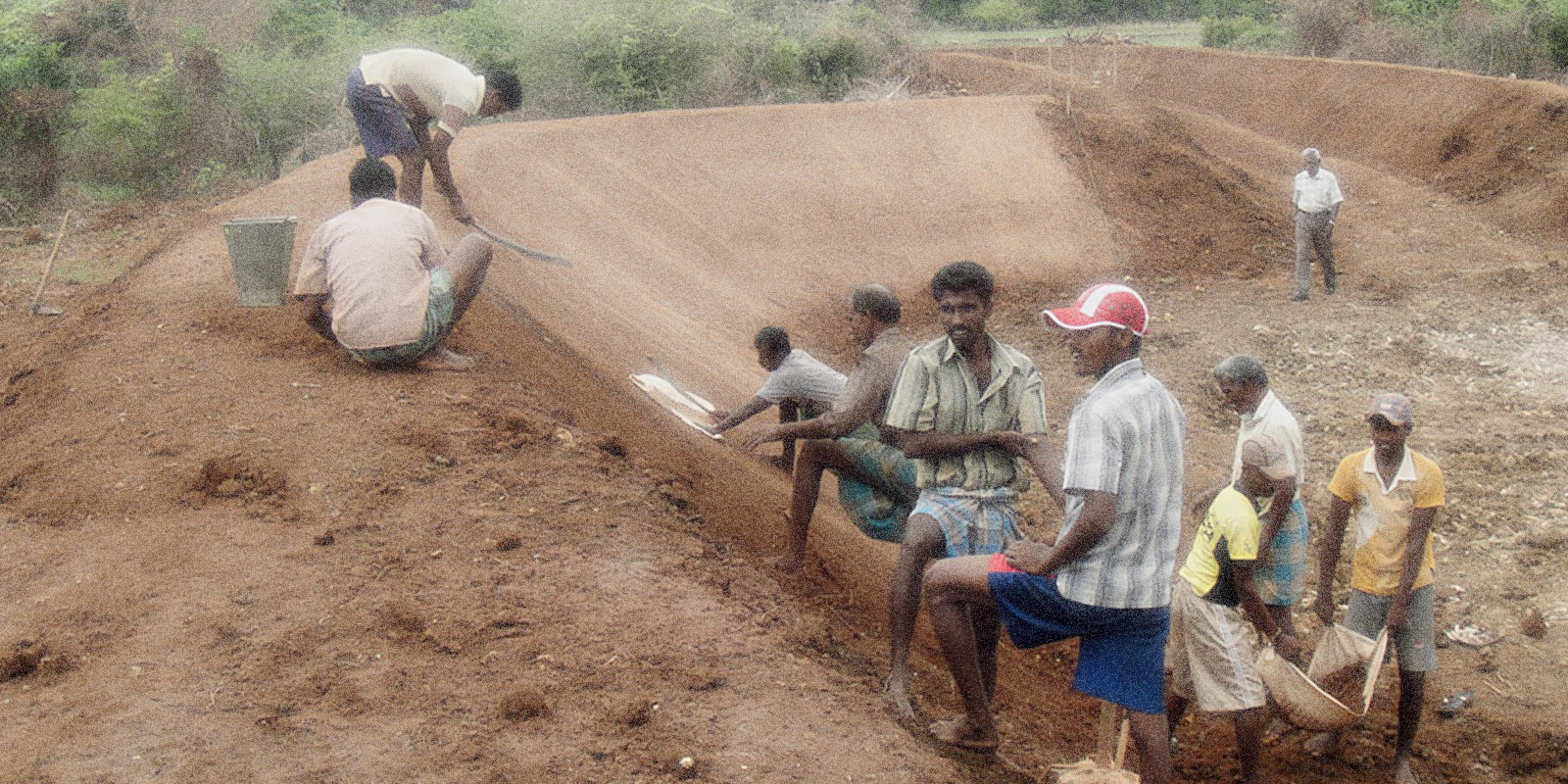The MOBILISE 3.0, built on a micro-service architecture, offers a set of cloud-based digital services for local and national government agencies to collaborate in building local community resilience. At the heart of the MOBILISE 3.0
is a cloud-based risk information space, referred to as MOBILISE: Data Engine. It allows local councils or local disaster management committees to capture and maintain their local intelligence on exposure, vulnerability and potential
hazards. In addition, the MOBILISE: Data Engine offers important data management functionality such as data cleansing, styling of data layers to enhance visual appearance, attaching of metadata such as origin of the data layers,
year of data collection, star rating based on its quality, security level etc. The risk information within the MOBILISE: Data Engine is used by a range of other digital services available within the MOBILISE platform to perform
activities such as evidence-based decision making, multi-agency collaboration, community engagement, real-time environmental data monitoring, early warning system and scenario planning through an easy to use visual interface. Thanks
to the innovative and scalable nature of the micro-service architecture, all the digital services are offered to the users using the “Software as a Service” (SaaS) model.
The following digital services are offered to the users by the MOBILISE 3.0 platform:
- MOBILISE: Risk Explorer: This tool allows the local stakeholders to explore the local risk information spaces in an interactive manner to establish a common understanding of the
local risks (current and future risks due to climate change) in their area.
- MOBILISE: Scenario Generator: This tool allows government agencies to consider possible future hazards due to climate change, and gain an in-depth understanding of the magnitude
of the potentially affected population, impacted roads and critical infrastructure, damages and losses within different administrative boundaries.
- MOBILISE: IoT Network Integrator: This tool offers functionalities for integrating disconnected sensor networks to establish better situational intelligence for issuing more accurate
early warning messages to the community at risks, during disasters.
- MOBILISE: Early Warning System: This tool allows national or local agencies to digitize their early warning dissemination methods, so that the warnings can be sent more efficiently
and effectively to the community at risks, hence potentially saving lives. The built-in reprogrammable MOBILISE workflow system can be used to digitally authorise the early warnings by relevant organisations and send them
directly to the citizens living in the risk area, through the MOBILISE MOBISense community app.
 https://mobilise-project.org.uk/platform/
https://mobilise-project.org.uk/platform/








 thinklab@salford.ac.uk
thinklab@salford.ac.uk  mobilise-project.org.uk/platform/
mobilise-project.org.uk/platform/